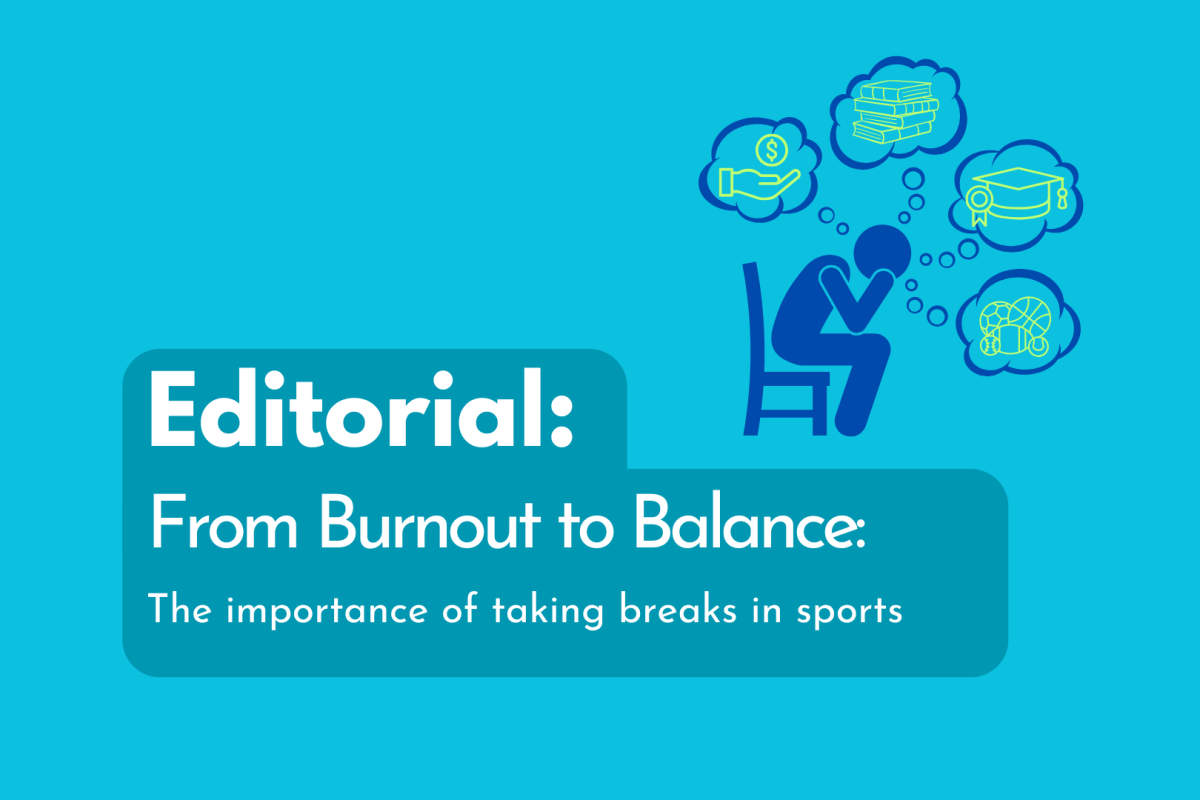To understand the division amongst us, we must first turn our attention to the world around us. Our planet is facing unprecedented levels of global warming and species extinction. According to climate.gov, 2023 was the warmest year by a wide margin since global records began in 1850 and the 10 warmest years have occurred in the last decade. Furthermore, Earth’s temperature has warmed by two degrees Farenheight since 1850, and the rate of warming has tripled since 1982. Two degrees might not sound like much; however, the United Nations notes with every degree of warming, we are losing species to extinction. For instance, nearly half of all coral reefs have died as a result of rapidly warming oceans and the remaining populations are at high risk as well.
While these crises may seem distant, struggling New England ski resorts and houses precariously perched on the Cape tell a narrative that’s far too close to home. The issue is personal for all of us. Massachusetts has been experiencing unprecedented levels of wildfires and drought, with minimal rain since September. A press release from Massachusetts Energy and Environmental Affairs Secretary Rebecca Tepper stated, “This autumn has felt different for all of us. Climate change is bringing drier weather to our state at times and extreme precipitation at others. It is critical that we all practice water conservation methods, especially indoors, and adhere to local requirements to decrease the stress on our water systems and ensure essential needs, such as drinking water, habitats and fire suppression, are being met.”
Despite the global, national and even local impact of climate change, many of us seem unable to look beyond the present. We focus on what’s easy and inexpensive now. On hot days, many of us simply turn up the air conditioner. Nationally, communities getting wiped out from violent storms are met with temporary solutions and a denial of the root cause. Unfortunately, we will inevitably pay far too high a price for our myopia.
This politicization of environmental issues detracts from progress. A few steps forward too often lead to a few steps back, and often political positioning overshadows coming together for a common cause. President elect Donald Trump recently nominated former New York congressman Lee Zeldin as his pick to head the Environmental Protection Agency. According to the New York Times, Zeldin is expected to repeal many regulations aimed at lowering pollution from oil and gas companies along with pursuing “energy dominance,” which is a phrase largely used by Trump in reference to developing more oil and gas. Furthermore, in a 2014 interview with Newsday, Zeldin stated doubts on the severity of climate change. “I’m not yet sold on the whole argument that we have as serious a problem as other people are,” Zeldin said.
The wellbeing of our planet cannot be split across partisan lines; we must be united in our efforts and understanding of the consequences that follow our inaction. By wasting time debating the validity of climate change, we risk delaying necessary actions that must be taken to protect our future.
Every person can make a difference. Recycling, composting, reducing your reliance on single use plastics, researching local elections, advocating for environmentally focused initiatives and considering a hybrid vehicle in the future are all ways to implement a common sense approach to helping the environment.
The more we work to protect our planet and its resources, the brighter our futures. From the beaches we visit on Senior Skip days to the mountains we ski over February break, these places hold memories we must safeguard for the future. Their preservation is our call to action. This is not a problem for another continent or generation. This is a problem for our state. Our towns. Our school.
This unsigned editorial reflects the views of the Harbinger’s Editorial Board.








